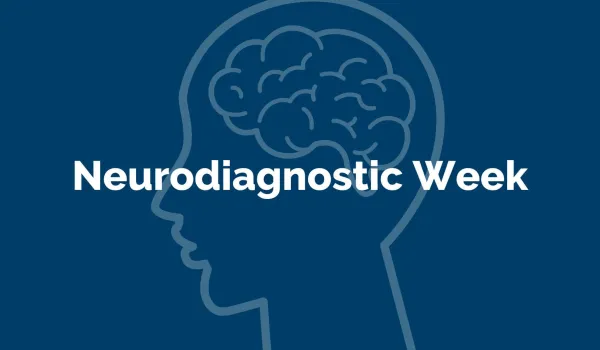Concorde Staff

February is National Heart Month. While it might seem as though there's a month recognizing every cause, no matter how obscure, National Heart Month is worth your attention, especially if you're pursuing a health care degree. Here are some of the reasons that National Heart Month is particularly important.
HEART DISEASE IS THE NO. 1 CAUSE OF DEATH
As someone pursuing a health care degree, you know that taking care of your health is important. Because heart disease is the No. 1 cause of death, it makes sense that you would want to keep this organ top of mind.
SPREAD AWARENESS
Many people are not aware that heart disease is the top cause of death. Studies indicate that four out five women are unaware that heart disease is among their greatest health risk.
The efforts to make women aware of breast cancer risks have been so successful that many now believe breast cancer is their greatest risk. If you help to spread awareness, we might be able to make people more conscious of their real risks.
HEART DISEASE IS PREVENTABLE
Most cases of heart disease are due to lifestyle factors, such as poor diet, lack of exercise and smoking. These are controllable factors, so you can lower your risk of developing heart disease or delay its onset by making efforts to live a healthier lifestyle.
SET A GOOD EXAMPLE
As someone pursuing a health care degree, it's important to set a good example for your patients. While being thin isn't required to work in the health care field, it is important to care about your own health and to try to reduce your own risks.
If you are a parent, you're also setting an example for your kiddos. The choices you teach them now could impact them for the rest of their lives.
EDUCATE OTHERS
Be an advocate for good health! More than just setting a good example, you can be an educator.
Because you know that heart disease is a significant risk, you can inform others and encourage them to make lifestyle changes that will reduce their heart disease risk.
This is especially important if you are an African American woman because the American Heart Association states that only 1 in 5 African American women believes herself to be at risk for heart disease, even though 46.9 percent of those over age 20 already has heart disease.
Most people pursue a health care degree because they truly care about helping others. Being aware of the disease risks that we all face and modeling ways to reduce those risks is one way you can use your desire to do good and make a difference in your community.

Next Steps?
We have a Concorde representative ready to talk about what matters most to you. Get answers about start dates, curriculum, financial aid, scholarships and more!



